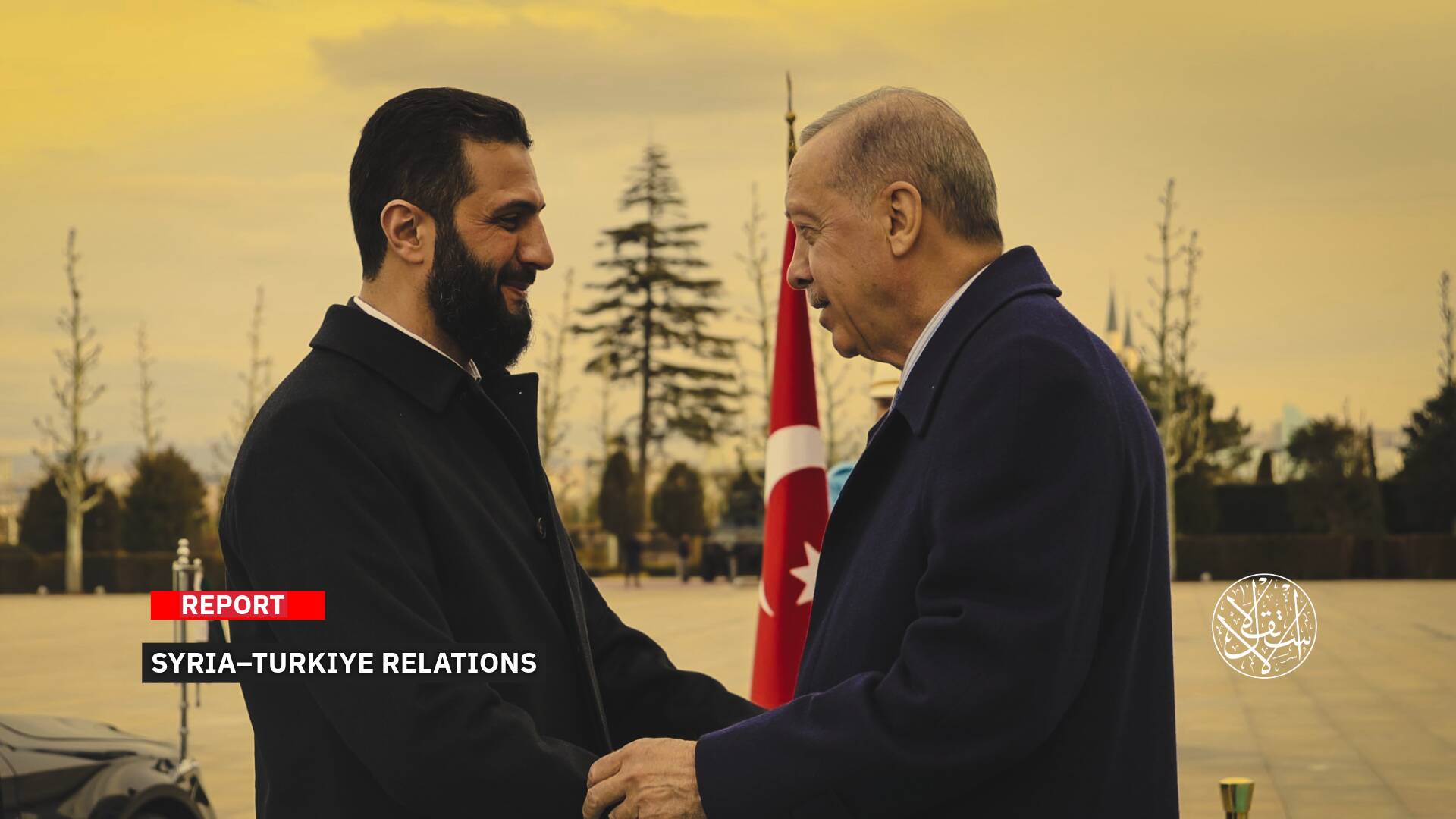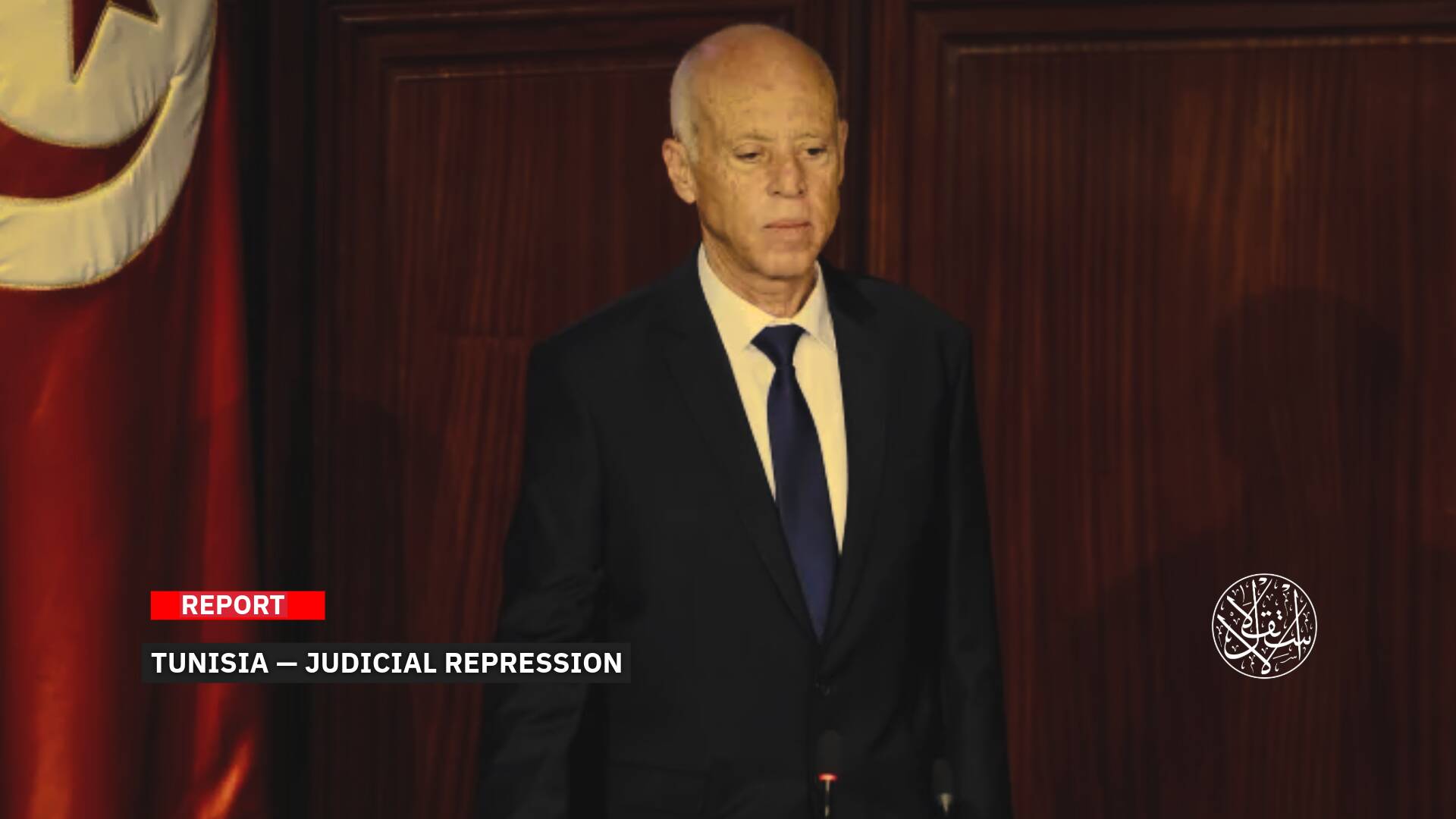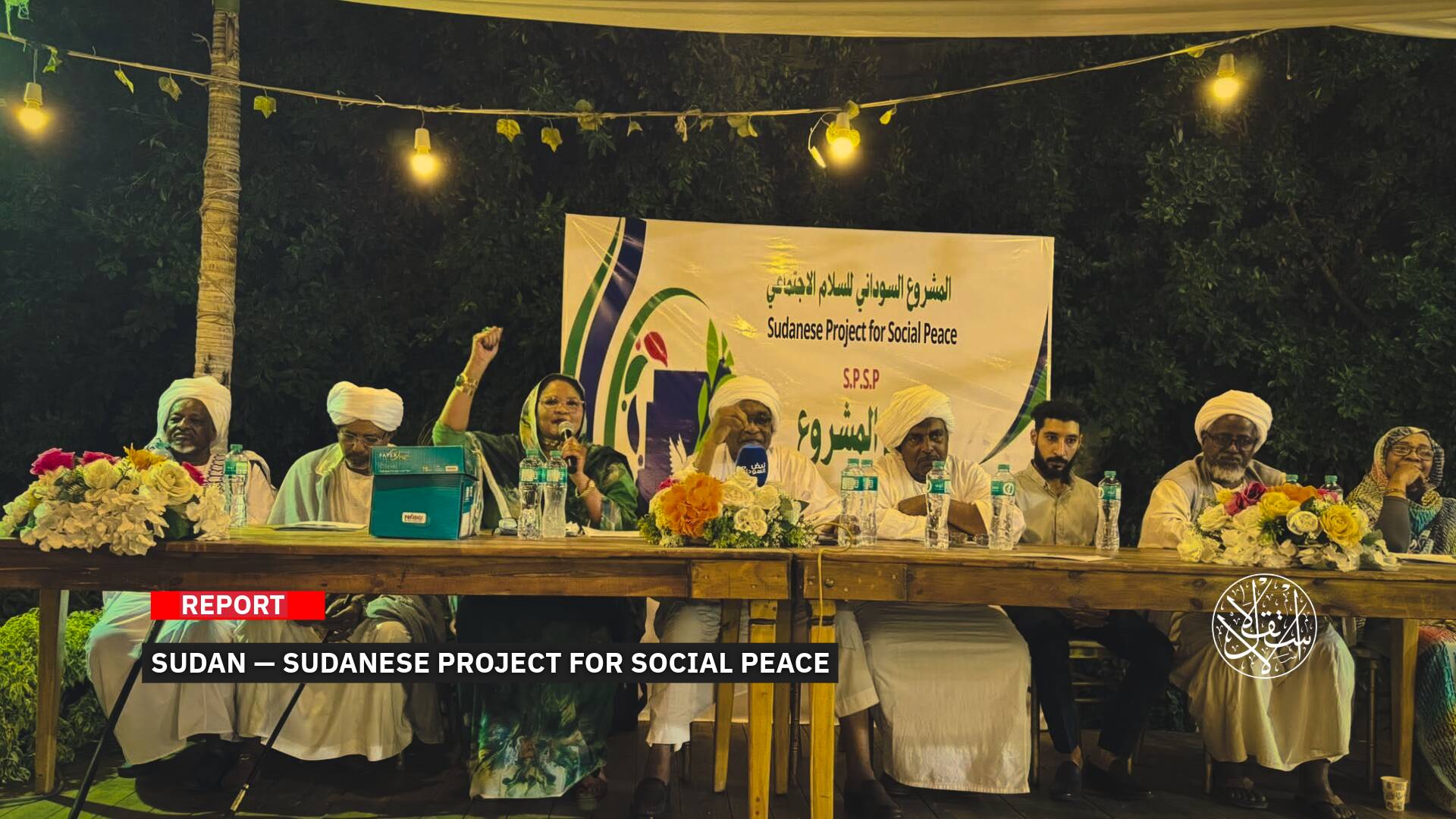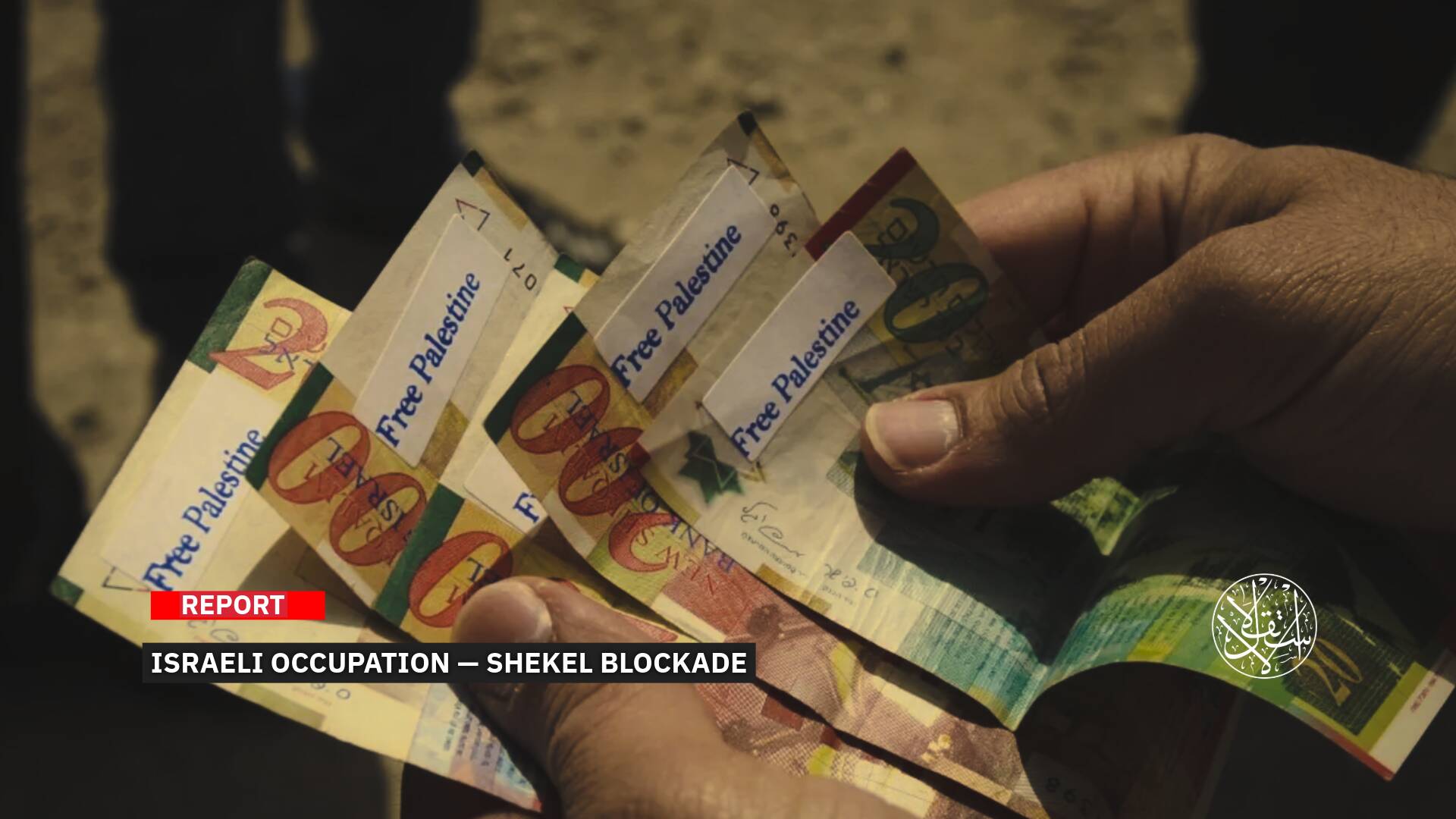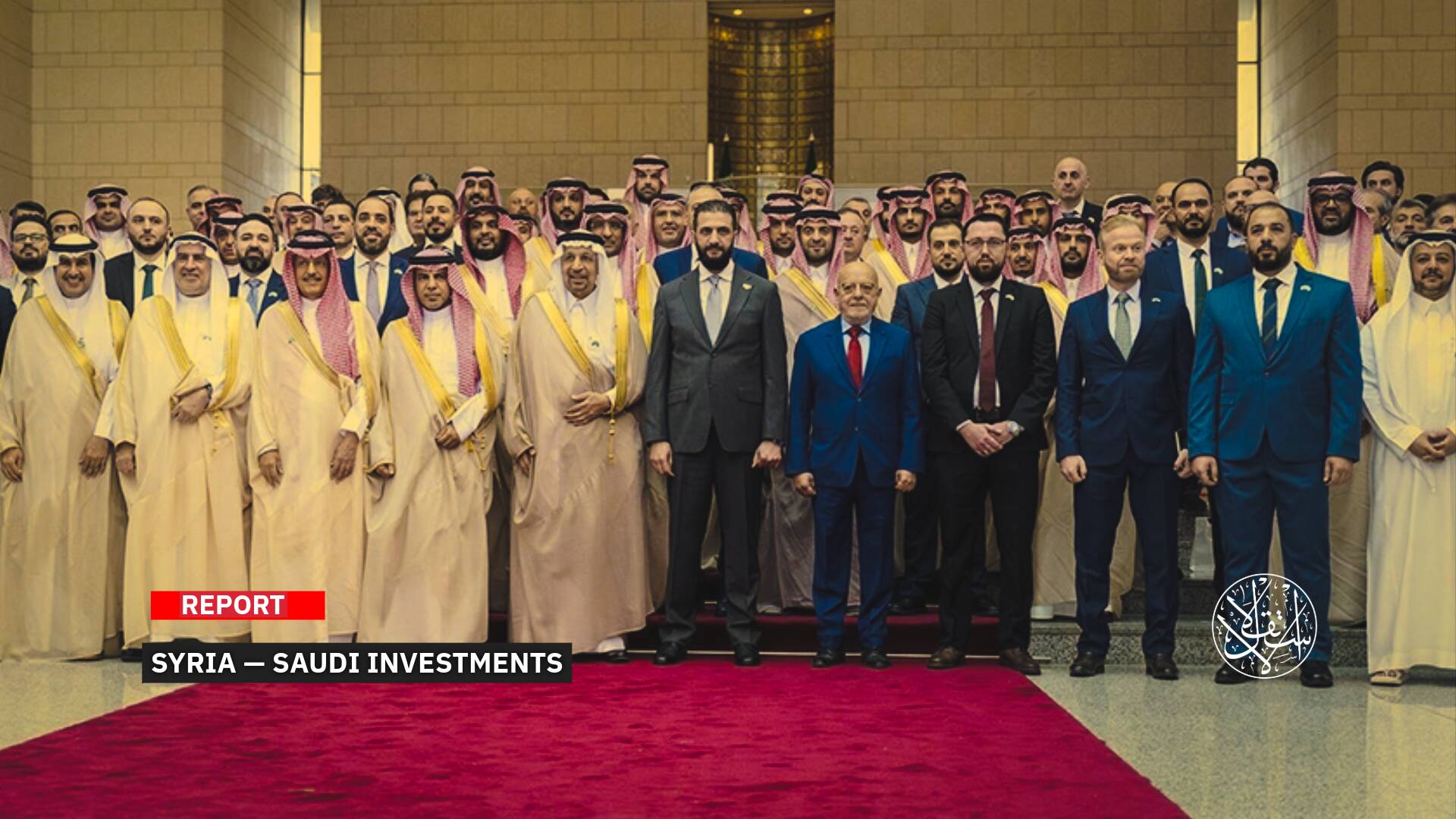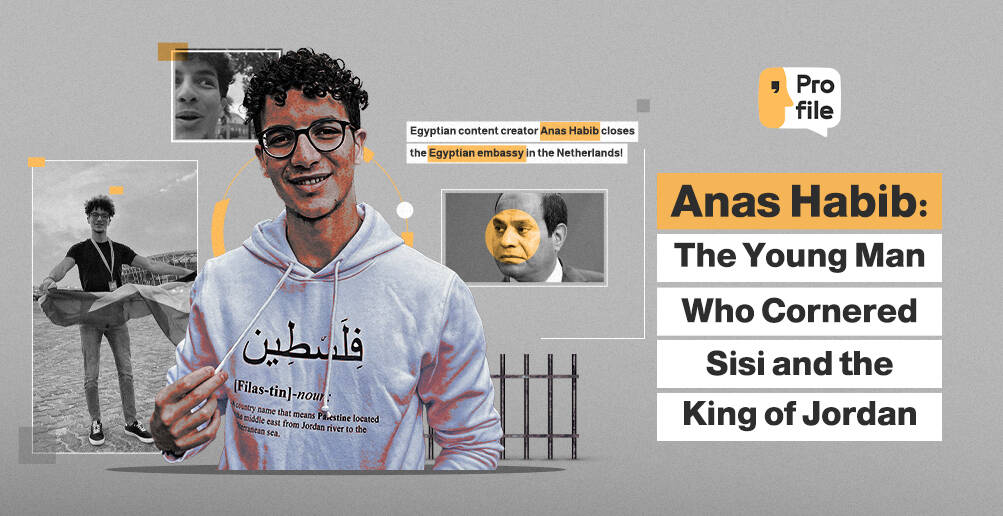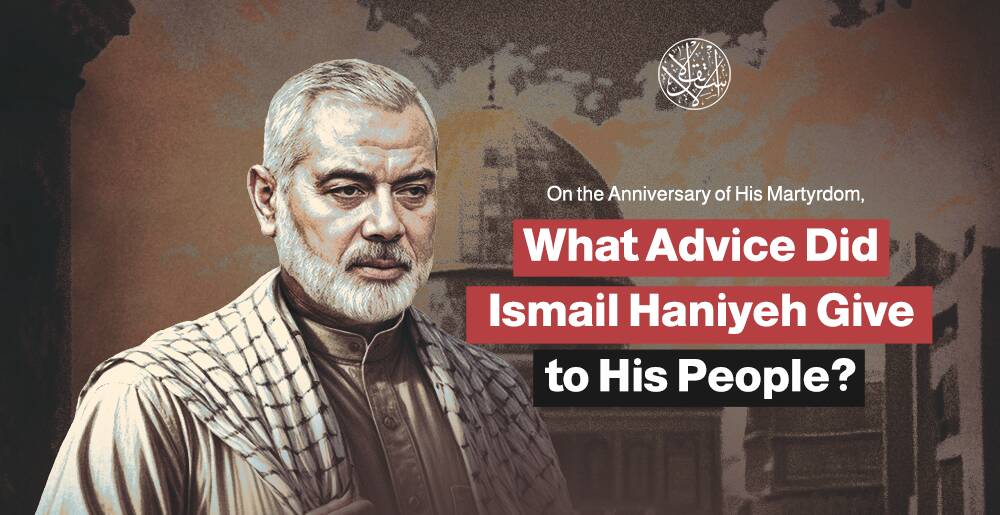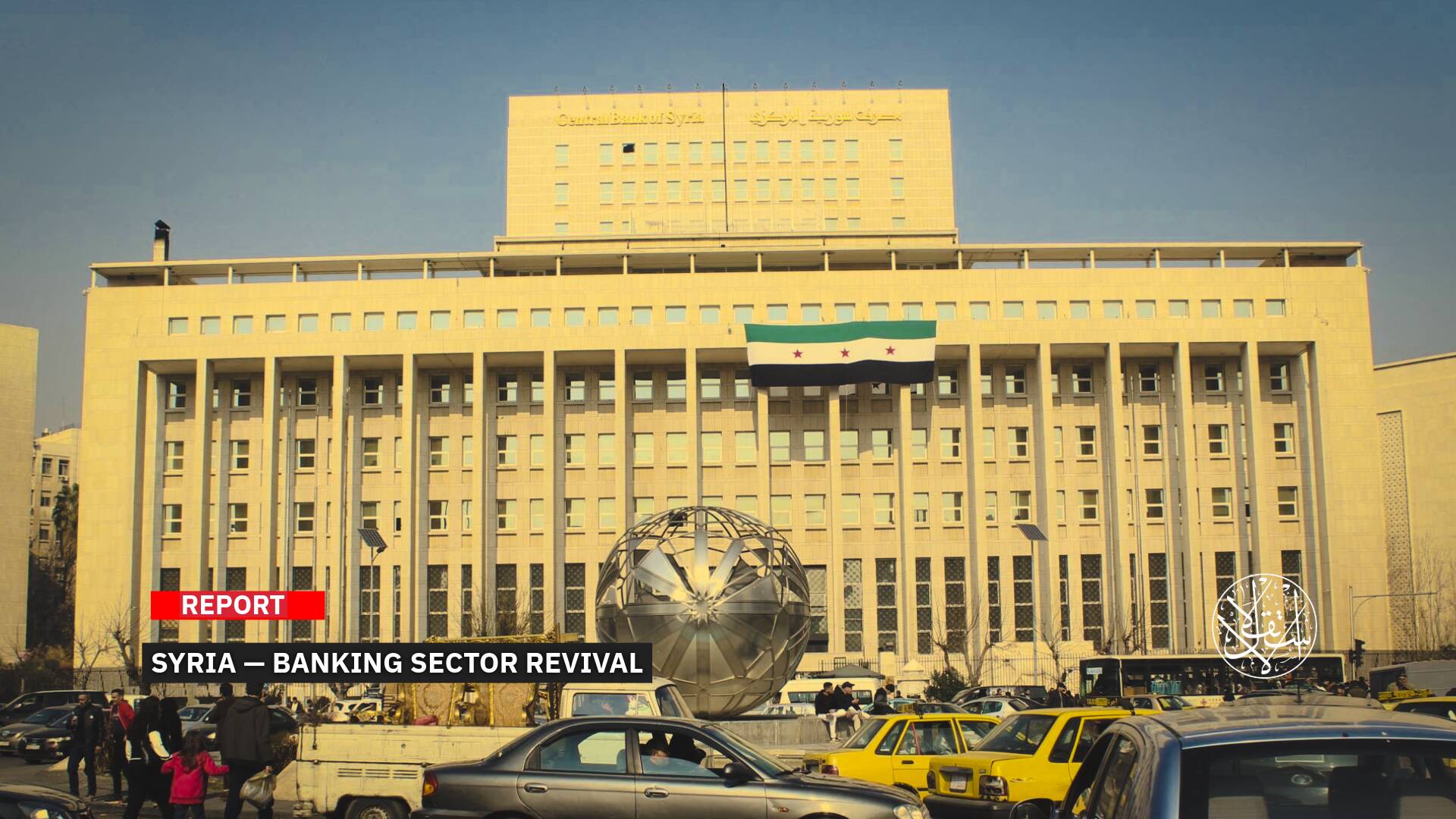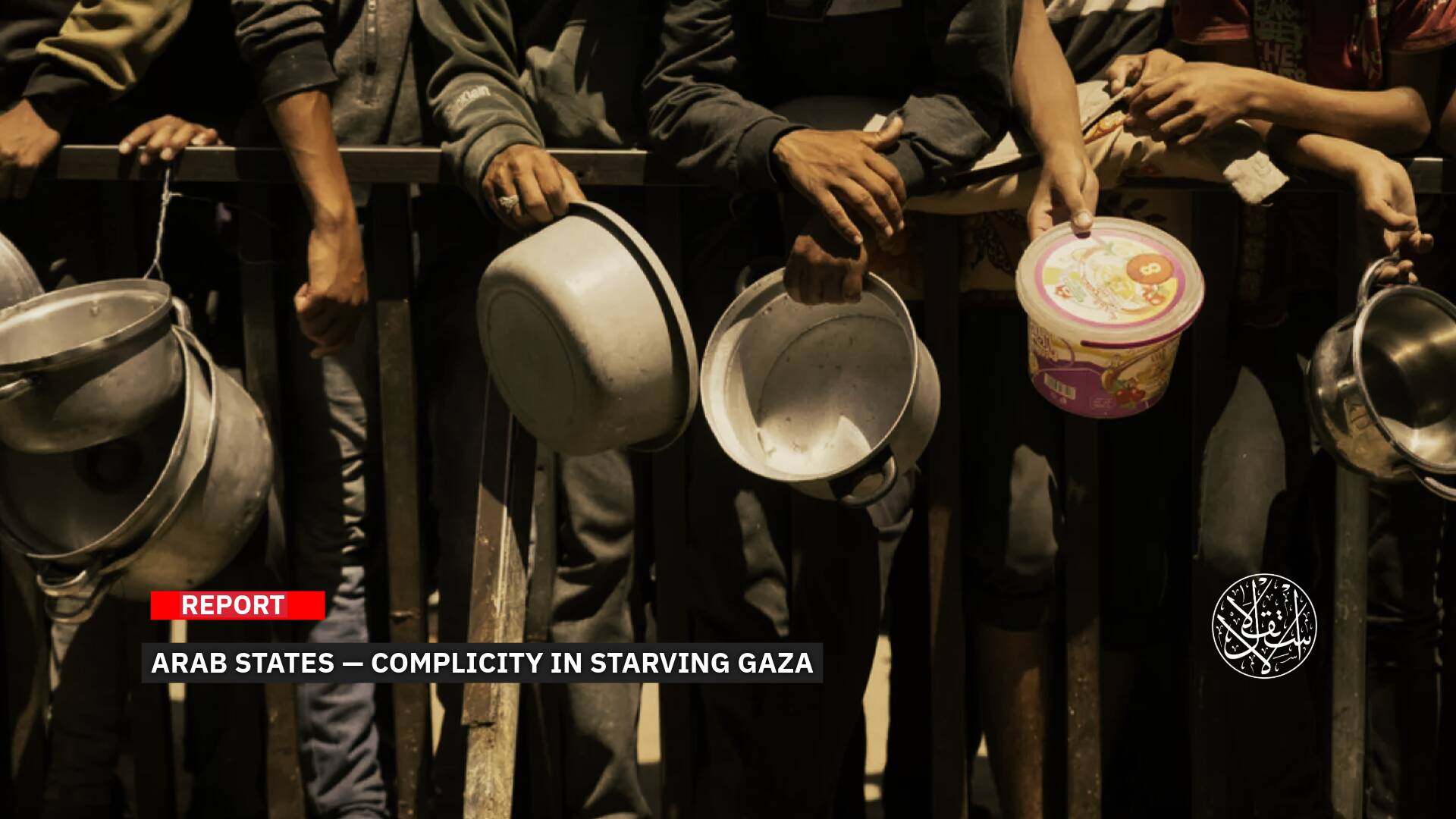EU Court Throws Sand in Morocco's Plans

Morocco believes that the content of the decision is marred by several clear legal flaws.
The recent ruling by the European Court of Justice(CJEU) regarding a trade agreement involving Western Sahara has elicited starkly contrasting reactions, with Morocco condemning the decision and Algeria welcoming it, further underscoring the longstanding tensions between the two nations.
On October 4, 2024, the court determined that the European Commission violated the right of the people of Western Sahara to self-determination by concluding EU-Morocco trade agreements.
This ruling emerged in the context of Africa’s longest-running regional conflict, which began when Spain, the former colonial power, withdrew from the region in 1975.
The Algerian-backed Polisario Front advocates for self-determination, while Morocco proposes extensive autonomy as a resolution to the ongoing dispute.
This ruling is final, following multiple appeals by the European Commission, the executive body of the European Union, which had previously entered into agreements regarding fishing and agriculture with Morocco in 2019, encompassing products from Western Sahara.
The court emphasized that “The consent of the people of Western Sahara to the implementation... is a condition for the validity of the decisions by which the (EU) Council approved those agreements on behalf of the European Union.”
It further noted that the consultation process failed to involve the people of Western Sahara and instead engaged only the current residents of the area, overlooking their affiliation with the region.
In response, the Moroccan Ministry of Foreign Affairs, African Cooperation, and Moroccan Expatriates stated in a press release that the Kingdom considers itself completely unconcerned by the ruling of the European Court of Justice.
The ministry clarified that "Morocco is not a party to this case, which concerns the European Union on the one hand, and the Algeria-backed 'Polisario' on the other. Morocco did not take part in any of the procedural phases and, consequently, does not consider itself in any way concerned with the decision."
It contended that “this decision contains obvious legal errors and suspicious errors of fact,” indicating, at best, "a total ignorance of the case's realities, if not blatant political bias.”
The ministry argued that the court overstepped the jurisdiction of the competent UN bodies by saying that “the Court has even allowed itself to take the place of the competent UN bodies, contradicting their well-established positions and approaches. Moreover, the British High Court had, on a completely similar case, shown more discernment, impartiality, and legal mastery.”
Morocco urged the European Council, the European Commission, and EU member states to take necessary actions to uphold their international commitments, preserve partnership gains, and provide Morocco with the legal assurances to which it is entitled.
The statement emphasized Morocco's steadfast position against compliance with any agreement or legal document that does not respect its territorial integrity and national sovereignty.
European Response
In reaction to the ruling, the European Commission reaffirmed the EU's commitment to its longstanding strategic partnership with Morocco, emphasizing the depth of friendship and multifaceted cooperation that has been established and is intended to be enhanced in the coming weeks and months.
In a joint statement issued by Commission President Ursula von der Leyen and EU foreign policy chief Josep Borrell on October 4, it was articulated that, “the EU firmly intends to preserve and continue strengthening close relations with Morocco in all areas of the Morocco-EU Partnership, in line with the principle of pacta sunt servanda.”
According to the same source, the EU acknowledged the court's dismissal of the appeals and the invalidation of the agreements, while recognizing the need for origin labeling on fruits and vegetables sourced from Western Sahara.
The European Commission is currently conducting a detailed analysis of the ruling, noting that the Court of Justice has extended the validity of the agricultural products agreement for an additional twelve months.
Belgium's Foreign Ministry reasserted its commitment to the strategic partnership with Morocco, echoing the determination to deepen this collaboration, as expressed by European Commission President Ursula von der Leyen and EU High Representative Josep Borrell.
Similarly, the French Ministry for Europe and Foreign Affairs emphasized its unwavering dedication to its exceptional partnership with Morocco, reaffirming the strategic significance of this relationship and the intention to bolster economic exchanges while adhering to international law.
Spanish Foreign Minister Jose Manuel Albares also underscored Spain's steadfast commitment to maintaining stable relations with Morocco.
He stressed Spain's intention to "maintain and promote" this strategic partnership.
The Andalusian government, meanwhile, warned of the repercussions of the court's ruling concerning the cancellation of fishing agreements between Morocco and the EU, asserting that this development would severely impact 45 Andalusian vessels, most operating from Cadiz.
Andalusian Agriculture and Fisheries Minister Ramon Fernandez-Pacheco Monterreal called for the resumption of negotiations as soon as possible to reach a new agreement, rather than being restricted to operating solely in Spanish waters.
Colonial Shadows Receding
Conversely, the Polisario Front hailed the European Court's ruling as a "historic victory" for the Sahrawi people, reaffirming the illegitimacy of the agreements between the EU and Morocco.
In a statement issued on October 4, the Front's leadership noted that the court had previously ruled in 2016 and 2018 that the Sahrawi people, given the distinct status of Western Sahara, must consent to any agreements regarding their national territory and natural resources, regardless of any purported benefits.
The statement continued that Instead of adhering to these rulings, the Council and the Commission chose to renegotiate partnership and fishing agreements to explicitly include occupied Western Sahara.
Following a request from the Polisario Front, the General Court of the European Union annulled decisions to enter into these new agreements in 2021.
The statement emphasized that “the General Court found that the principles of self-determination and the relative effect of treaties mean that Western Sahara has a status separate and distinct to that of Morocco, and as such, it constitutes a third party to any international agreement between the Union and Morocco,” according to Front Polisario II, supra note 59 paras. 201-202.
The Front’s leadership regarded these rulings as a significant victory for the Sahrawi people, unprecedented in the history of decolonization, and reinforcing their struggle for freedom and independence.

They stated that these rulings dealt a fatal blow to the Moroccan occupier, signaling a triumph of international legitimacy over the policy of fait accompli, as they deprived it of the economic and political tools that enable it to maintain its illegal presence in the region and continue its unlawful colonial practices by plundering the natural resources of the Sahrawi.
Algeria welcomed the European Court's ruling, underscoring the illegitimacy of the trade agreements with Morocco as violations of the Sahrawi people's inalienable rights to their natural resources.
In a statement on October 5, the Algerian Foreign Ministry affirmed that these judicial decisions reaffirm the UN doctrine regarding the sovereignty of peoples in non-self-governing territories over their natural resources, emphasizing the necessity of safeguarding these resources from exploitation.
On a broader scale, the same source added that these judicial decisions serve as a reminder of the fundamental realities surrounding the Sahrawi cause, including the legal status of the territory, the legitimacy of the Polisario Front, and the Sahrawi people's unalienable right to self-determination.
Algeria reiterated that these established facts cannot be swayed by the evident desires of certain European nations to perpetuate colonial realities in Western Sahara.
Diverging Interpretations
International relations expert El Moussaoui El Ajlaoui noted that the European Court, through its handling of the agreements, has engaged in a technical treatment of the case with significant political implications.
He highlighted various formal flaws in the court's decision and contended that it failed to consider the political direction and the accumulated context at the UN level regarding Morocco's sovereignty over its southern territories since 1975.
Ajlaoui pointed to what he deemed a series of formal flaws that mar the European court's decision in its generalized form.
He argued that the ruling is composed of purely legal concepts that disregard the political nuances and the political evolution within the UN framework.
This disconnect leads to a break between the ruling and the political framework concerning the Moroccan Sahara issue and Morocco's effective sovereignty over its southern provinces.
He noted a second indicator illustrating that the court appears misaligned with European consensus, emphasizing that the protection of agreements regarding agricultural products remains the exclusive responsibility of the European Commission.
In his opinion, the course of the ruling and its wording remain between the court and the Polisario; thus, the Moroccan government is not concerned at all, as the Moroccan Foreign Ministry has clarified.
Ajlaoui also highlighted the troubling timing of the court's decision coinciding with October, a month notable for discussions regarding the Moroccan Sahara issue at the UN Security Council.
This context raises further concern as he indicates that agricultural lobbyists are increasingly targeting products from outside the EU, leveraging the origin dispute related to the Sahara.

Ajlaoui observed a rise in campaigns by agricultural lobbies against products from outside the EU, strongly utilizing the issue of origin and the Sahara conflict.
He noted that “autonomy was a smart choice, showing that the Kingdom of Morocco adheres to a political solution, and the Moroccan initiative aligns with the UN charter and international law.”
Ajlaoui asserted that Morocco's position is legally respectful of all UN frameworks and decisions, given that its presence is effective and sovereign in the southern provinces.
In contrast, Algerian journalist Mohamed Muslim described the court's ruling as a significant blow to Morocco after nearly four years of legal disputes at the European courts.
In an opinion piece published on Echorouk El-Yawmi, a daily newspaper in Algeria, on October 4, he stated that the Sahrawi Arab Republic has delivered “a resounding slap to Rabat, thereby stopping the plundering of the resources of the Sahrawi people in collusion with the member states of the European Union.”
He further remarked that this decisive ruling serves to dismantle the narrative of fictitious victories perpetuated by the Moroccan regime and its media apparatus while undermining decisions made by both France and Spain concerning the conflict over Western Sahara between the Alawite regime in Rabat and the Sahrawi Arab Republic.
Muslim asserted that the European court's decision has unequivocally demonstrated that the statements made by Macron and Spanish Prime Minister Pedro Sánchez lack any grounding in political ethics, credibility, or integrity.
Ajlaoui concluded that the ruling of the European court is binding for political decision-making and prohibits entering into any agreements of any kind if they are predicated on the exploitation of the Sahrawi people's resources.
Sources
- The European Court of Justice rules that trade agreements between the European Union and Morocco in Western Sahara are invalid [Arabic]
- Joint Statement by President von der Leyen and High Representative/Vice-President Borrell on the European Court of Justice judgements relating to Morocco
- Three blows break the back of the Moroccan regime in 48 hours [Arabic]


